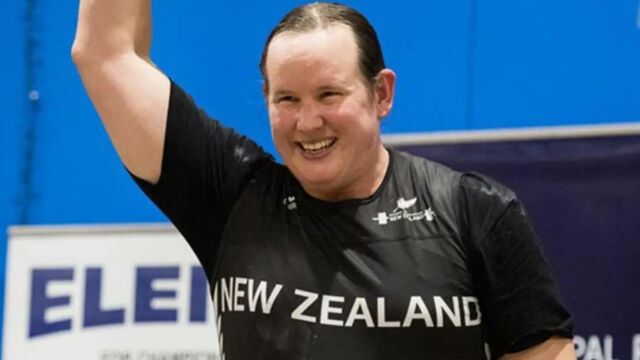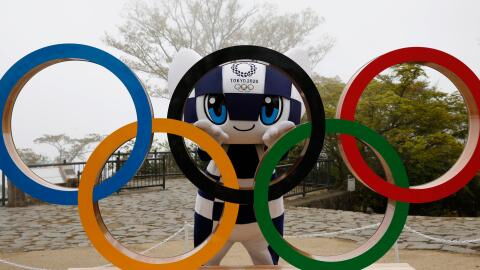43-year-old Laurel Hubbard's participation at the Tokyo Olympic games this summer will serve as a landmark moment for the LGBTQIA+ community by becoming the first transgender athlete to compete in the Olympics.
Discover our latest podcast
History in the making
Hubbard will be representing New Zealand in the women's super heavyweight (87kg-plus) category for weightlifting.
Thanks to new regulations to qualifying guidelines set in place by the International Olympic Committee (IOC), trans athletes can compete in women's events if their testosterone levels are low enough.
According to the IOC, if the trans male-to-female athlete's testosterone levels are 10 nanomoles per litre for at least 12 months prior to competing, they are eligible to participate in the sporting competition.
Backlash throughout her career
But others have not been so supportive of her inclusion in the women's division. Earlier this week, it was reported that former Olympic gold medalist and transgender TV personality, Caitlyn Jenner, was against the inclusion of trans girls in female sports in school. She later retracted her statement claiming it was taken out of context.
And throughout her career as an athlete, Hubbard has attracted media attention with much of it being negative for what many have described as 'an injustice by taking the title from another woman.'
Particularly in 2018, Australia's weightlifting federation fiercely tried to block her from competing at the Commonwealth Games in the Gold Coast. Similar struggles were met by the weightlifter a year later after winning gold at the Pacific Games in Samoa.
The Kiwi weightlifter has been known for being very press shy but in an interview in 2017 with Radio New Zealand, she said she had little concerns about what others thought about her. She explained:
If I try and take that weight on board it just makes the lifts harder... I am who I am. I don't want to change the world. I just want to be me and do what I do.















